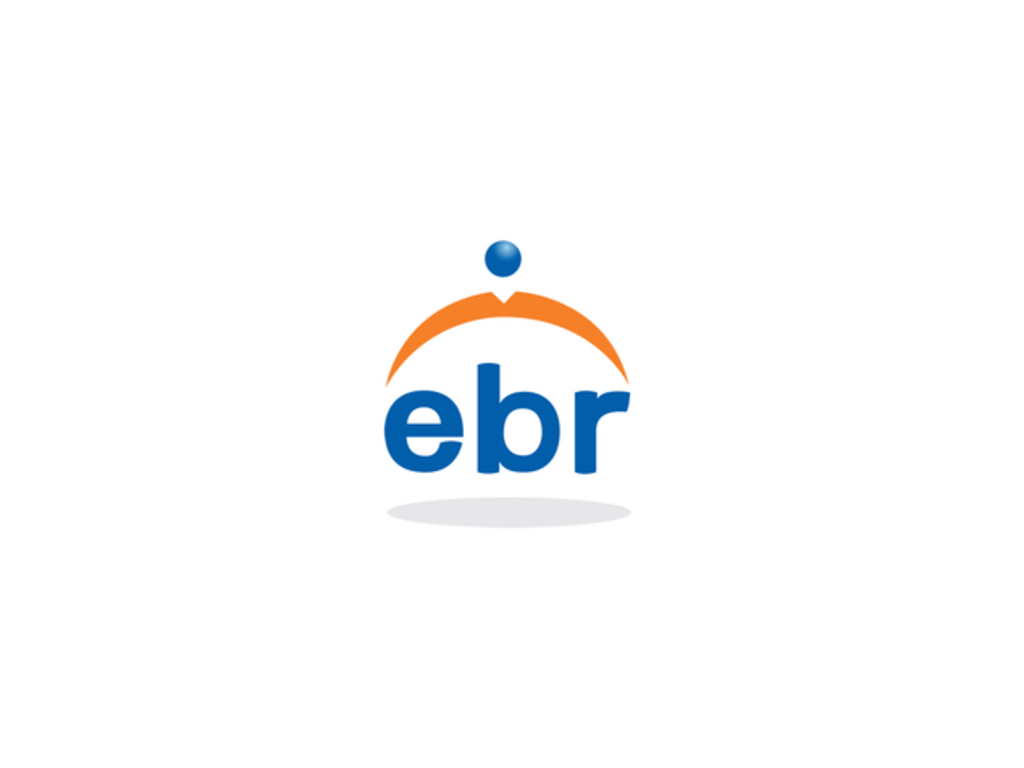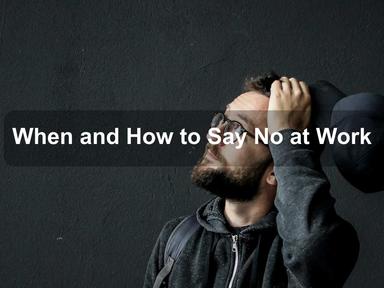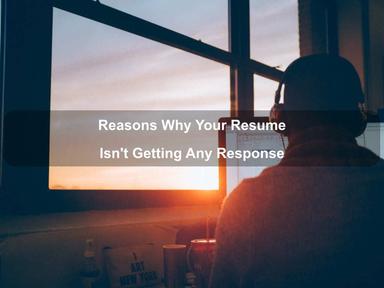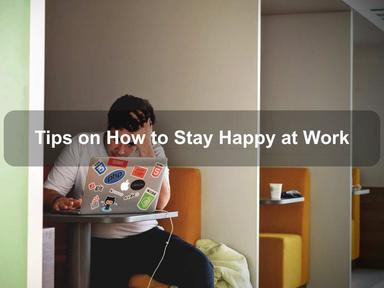published: 23 Mar 2020
3 min read | website: www.ebr.com.au
Informal interviews are becoming increasingly common as they tend to create a more relaxed atmosphere, which thereby encourages interviewees to open up more naturally. However, while the structure and atmosphere of an informal interview is more relaxed than their traditional counterpart, there are still some tips that you can follow so that you can better adapt your usual tactics to ace the interview.Â
What classifies as a formal and an informal interview?
An informal interview can be set at a more non-traditional, casual setting such as a bookstore or a café. Thus, the atmosphere created are less pressuring for interviewees. Informal interviews also tend to be more unstructured than traditional interviews, which allows for more fluid dialogue between the interviewer and interviewee. Additionally, these informal interviews are usually one on one, which further enables the interviewee to open up more. The main benefit of this is that the employer will attain a more accurate assessment of the interviewee's personality and whether their attitude will fit into their company.
How should I approach an informal interview?
Like formal interviews, there are still some key ideas to take on to better prepare yourself for an informal interview. Below are three ways.
Ask Questions
One benefit of informal interviews is their focus on creating a more effortless conversation than traditional interviews. So informal interviews will rely on your participation in the discussion just as much as the interviewer's. One of the most effective ways to keep the conversation natural and informative is to ask questions. Asking questions will not only carry on the interview, but it will also highlight your interest in the company. Try to avoid close ended questions that will generally result in one-worded answers as they will diminish your interviewer's ability to be informative.
Speak about yourself
Because an informal interview does not require the interviewer to interrogate you in order to get to know you, you need to speak up frequently about your merits to make sure that the interviewer manages to understand the scope of your skills and interests. It is advisable to have several examples that showcase your skills ready beforehand so you can use them to illustrate your merits during the interview.
Do the usual work
Regardless of what type of interview you are going into, you will still be judged by your interest in the company. Thus, you should always try to research into the company and the position you are aiming for so you can showcase your knowledge to the interviewer. This will translate into interest in the company. Additionally, you should not become too relaxed during the interview, as your behaviour is also going to be judged by the interviewer regardless of the informality of the interview.
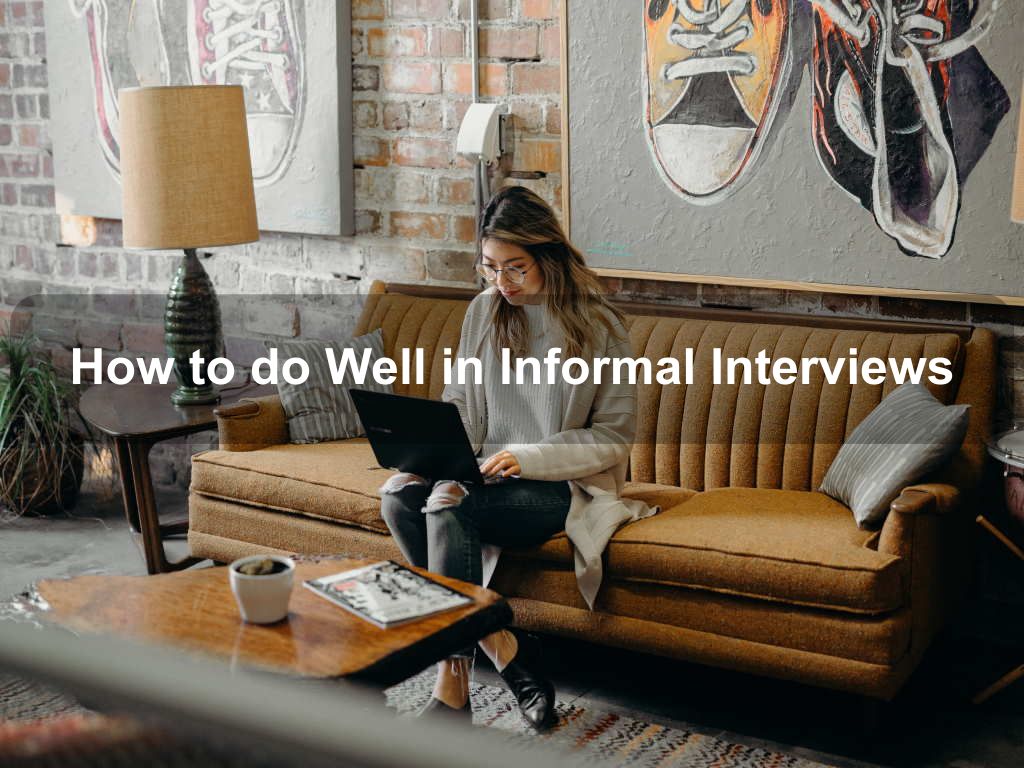
Are we missing something? Help us improve this article. Reach out to us.
